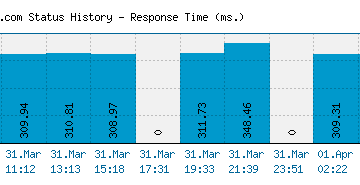The Game Changer in Technology: A New Era Begins

Introduction
The concept of a “game changer” refers to an innovation that significantly alters the way an industry operates or transforms societal norms. With rapid advancements in technology, it has become increasingly important to understand how these innovations can reshape our lives and influence future growth. Current developments, particularly in artificial intelligence (AI) and renewable energy, are creating waves of change that challenge existing systems and present new opportunities for businesses and consumers alike.
Recent Developments
In 2023, one of the most talked-about game changers was the emergence of advanced AI language models. These systems have revolutionised industries by automating customer service, personalising user experiences, and enhancing productivity across various sectors. Major corporations like Google and Microsoft have invested heavily in AI, leading to innovations that streamline operations and foster creativity.
Additionally, the energy sector has seen its own game changer with the advancements in solar energy technology. The development of more efficient solar panels, coupled with innovative storage solutions, has made solar energy more accessible and affordable. According to the International Energy Agency (IEA), solar power is expected to become the largest source of electricity by 2025. This shift towards sustainable energy aligns with global efforts to combat climate change and reduce greenhouse gas emissions.
Implications for the Future
The implications of these game-changing technologies are vast. Businesses are compelled to adopt new strategies that incorporate these innovations to remain competitive. For instance, companies that leverage AI tools are better positioned to understand market trends, customer preferences, and operational efficiencies. Meanwhile, communities benefiting from enhanced renewable energy solutions can expect reduced energy bills and increased sustainability.
Moreover, the rise of these technologies poses ethical and practical dilemmas. The integration of AI raises questions about privacy, job displacement, and decision-making biases, while the transition to solar energy necessitates infrastructure investments and regulatory frameworks to support global goals.
Conclusion
In conclusion, understanding what constitutes a game changer is essential in navigating the future landscape of technology and energy. As these innovations reshape industries and societal practices, stakeholders must adapt proactively. The next few years will be crucial in determining how humanity leverages these changes to foster an equitable, sustainable future. Readers should stay informed about these developments, as the opportunities they present will likely influence economic growth and quality of life globally.









